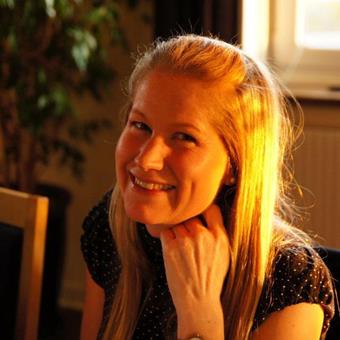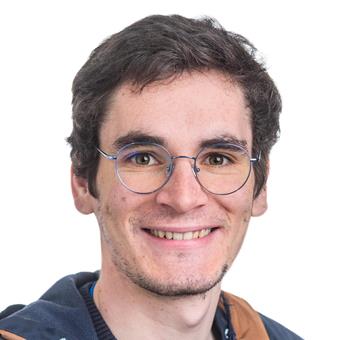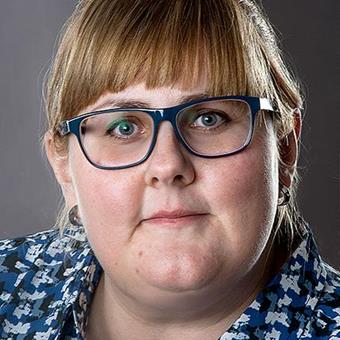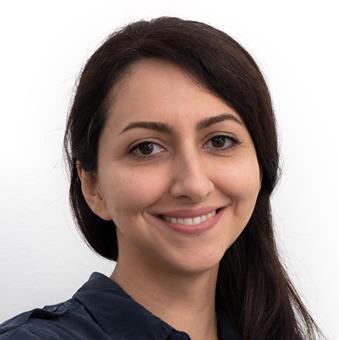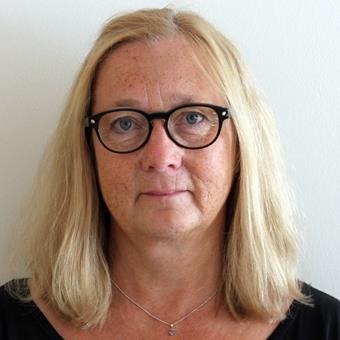We investigate learners' interpretation of and interaction with visualizations in learning about science topics such as evolution, nanotechnology and molecular interactions. As part of this work, we also develop interactive digital visualizations for learning aimed at a range of ages. In addition, we are involved in projects that develop resources for teachers, such as digital tools for learning, material for teachers' professional development, and dissemination of science education research.
Visualizations are important for communicating and understanding scientific explanations of things that are otherwise hard to imagine. The scientific topics are abstract and complex because they involve structures and processes that are unobservable, highly dynamic, and occur over very large or very small time scales. This makes teaching and learning challenging. While visualizations may support learning, they may also be misleading if they are not interpreted properly.
We are particularly interested in digital visualization such as animations, simulations and interactive models. Another area is student-generated representations such as drawings and animations. Our resarch focus cognition and language, as well as design, och we also study multisensory learning, and involve learners from preschool to higher education and informal learning.
The unit is headed by professor Konrad Schönborn and consists of colleagues with backgrounds in the sciences, media technology, science education and educational psychology. The group is situated in Norrköping and is a part of the division for Media and Information Technology at the Department of science and technology (ITN), Linköping University. We also conduct graduate education in Science and engineering education.
Examples of current research
Tracing Carbon: Can Adaptive Visualization Facilitate Systems Thinking in Science Education?
The carbon cycle is an important part of secondary school chemistry and biology teaching. To understand how carbon circulates between different reservoirs, and how human intervention in this cycle leads to global warming, pupils need to develop their systems thinking. In this project, we investigate how interaction with an adaptive visualization of the carbon cycle can support this learning. The project is funded by the Swedish Research Council (VR 2020-05147), with Konrad Schönborn as principal investigator.
Pathways to action competence: The role of systems thinking and ecological worldviews
To achieve a sustainable future, schools need to be able to support pupils' development of action competence. This has proven to be challenging. Delopment of systems thinking may be one key to action competence. This project therefore investigates the links between students' systems thinking, views on the environment, and action competence in connection with upper secondary school teaching in the "Science studies" subject (sv. Naturkunskap). The project is funded by the Swedish Research Council (VR 2025-05724), with Gunnar Höst as principal investigator.
TellUs - the talking planet
As part of the national TellUs project, we investigate an interactive visualization globe that combines visualized data with AI. Enacted as both the Earth and a conversational scaffold, it allows for visual and verbal interaction. We empirically investigate how such emerging technology, didactics, and visualization design intersect, and how young pupils might use the globe to support their exploration and learning. The project is funded by the Marcus and Amalia Wallenberg Foundation (2023.0128).Visit the TellUs web site
Graduate education
FontD - The Swedish National Graduate School in Science, Mathematics and Technology Education Research is a collaborative network between 11 participating universities in Sweden, with Linköping University as the host. Jonas Hallström is coordinator and Konrad Schönborn is scientific leader of this graduate school. Visit FontD web site.Development and outreach
Multiple projects have been performed to develop and evaluate digital visual tools for teaching in school, in collaboration with IVA, NTA, KVA, Umeå universitet, Umevatoriet och Norrköpings visualization center C.
